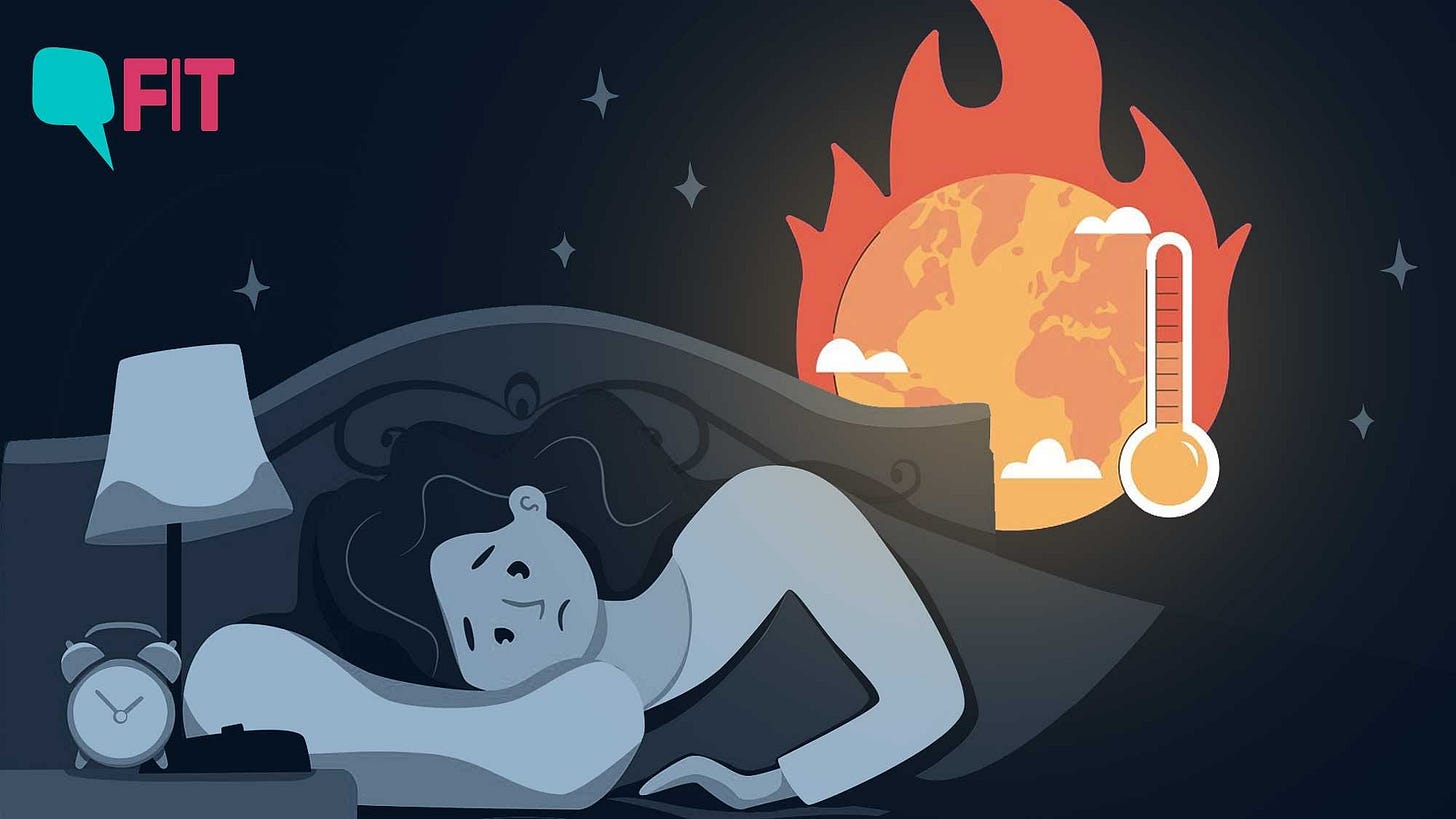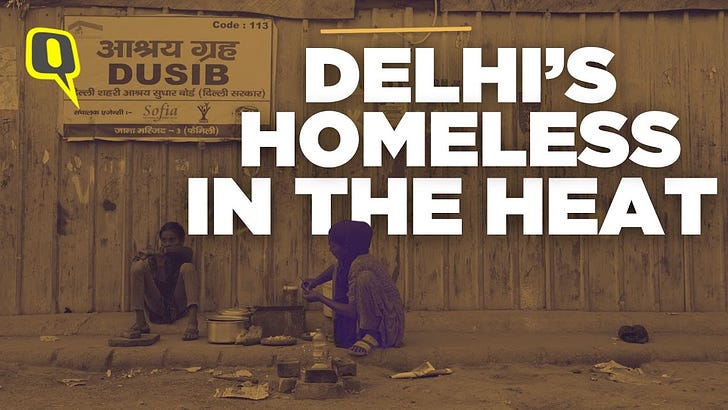No Respite After Dark: Why Are Our Cities Unable to Cool Down at Night?
Explained | How does extreme heat during the night impact your health? What does modern urban planning have to do with it?
By: ANOUSHKA RAJESH
Extreme heat impacts some groups more drastically than others. Who are the people most impacted by climate change? How has it altered lives, and how can we mitigate the health risks? This week, we are bringing you these lesser-told stories.
This year, Northern India experienced one of the most brutal summers in recent history with temperatures soaring beyond 50 degrees Celsius and an unprecedented rise in heat-related deaths.
So much so that several government hospitals in the capital decided to open dedicated heat stroke units to deal with the influx of patients with severe heat-related illnesses.
While the sun is punishing, things aren't much better at night. Delhi and other parts of north India have been recording nighttime temperatures of 35 degrees Celsius and higher.
"It's so hot at night that fans are completely useless. It feels like they're throwing flames. You can't even bathe because the water in the pipelines is so hot," Muhammad Shafi, a street vendor in South West Delhi said, speaking to FIT last week.
How does extreme heat during the night impact your health? Does poor urban planning have anything to do with it? FIT explains HERE.
SUPPORT US
We are bringing you lesser-told stories of those enduring extreme heat's long-term impact. We seek to examine the systemic alternations required to safely adapt the population to this change.
This project requires our reporters to travel extensively and brave extreme conditions to bring you stories that other media will not. Support us so we can explore the impact of this climate crisis on India's most vulnerable.
*Already a member of The Quint? What a star! Your support helps us do what we do better.
Also Read:
Want us to cover a story? Write to us at editor@thequint.com.
YOU play a big part in shaping our journalism and we want to hear your suggestions, new ideas, and more. Help us do what we do better, by answering a few Qs.






